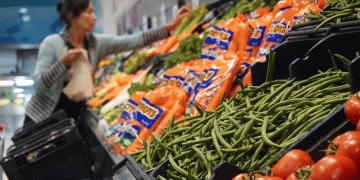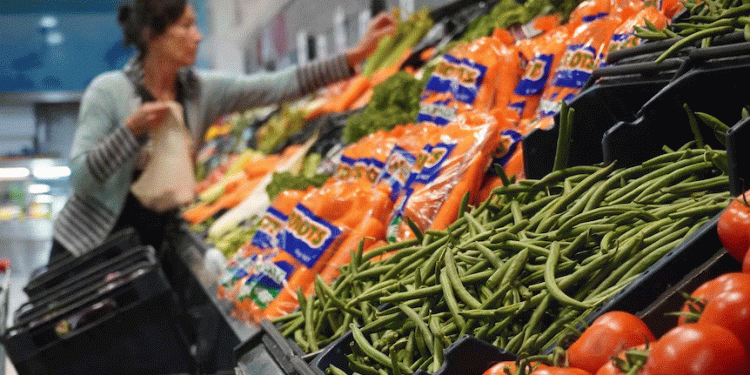The organic certification landscape in Australia has been thrown into turmoil following the sudden collapse of one of the country’s major certifiers, NASAA Certified Organic (NCO). The South Australian-based organization, which provided vital certification services to hundreds of producers across all states, entered voluntary administration last week, immediately invalidating all existing certifications. With affected businesses given until September 26 to secure new certification, Australia’s $2.6 billion organic export market faces significant disruption that could have ripple effects across global organic supply chains.
The scale of impact is substantial, affecting well-known brands including Bertocchi Smallgoods, Costa Farms, Fonterra Australia, Tasmanian Oyster Company, Bellamy’s Organic, and SunRice. These companies, representing diverse sectors from meat and seafood to baby food, fruits, wines, and dairy, now face a compressed timeline to navigate complex recertification processes. While Australian Organic Limited CEO Jackie Brian has confirmed that no additional charges will be imposed for certificate reissuance and that existing packaging can be used for 12 months, the administrative burden remains significant.
The timing of this collapse is particularly challenging given the robust growth of the global organic market. According to the Research Institute of Organic Agriculture (FiBL), the global organic food market reached €135 billion in 2024, with Australia ranking among the top ten organic markets worldwide. The Australian organic sector had been experiencing particularly strong export growth, with organic exports increasing by 21% in 2024 according to industry reports. This certification crisis threatens to disrupt this momentum at a critical juncture.
The situation reveals structural vulnerabilities in organic certification systems that extend beyond Australia. Most countries rely on a limited number of private certifiers authorized by government agencies, creating single points of failure. Rebecca Weller of Mulbarton Compost highlighted the hidden costs of the transition: “We will be going through a range of paperwork and time-consuming reports… Some have major packaging for a couple of years ready.” Her company faces additional expenses having recently printed organic certification on their transport trucks, illustrating how certification extends beyond product to encompass logistics and marketing materials.
The Department of Agriculture, Fisheries and Forestry has notified operators that NASAA certifications are “no longer valid” while working with other certifying bodies to minimize disruption. However, with audit processes typically taking weeks or months, the September deadline creates substantial pressure on both producers and the remaining certifiers to process hundreds of applications simultaneously.
The NASAA certification collapse serves as a stark warning about the fragility of organic certification systems that underpin global trade in premium agricultural products. While the immediate crisis may be resolved through transitional measures, it highlights the need for more resilient certification frameworks with better redundancy and emergency protocols. For farmers and producers worldwide, this incident underscores the importance of understanding certification dependencies and developing contingency plans. The organic sector’s credibility depends on robust, reliable certification, and systemic vulnerabilities threaten not just individual businesses but consumer confidence in organic labeling itself. This event should prompt industry-wide evaluation of certification infrastructure to ensure it can withstand similar shocks in the future.































